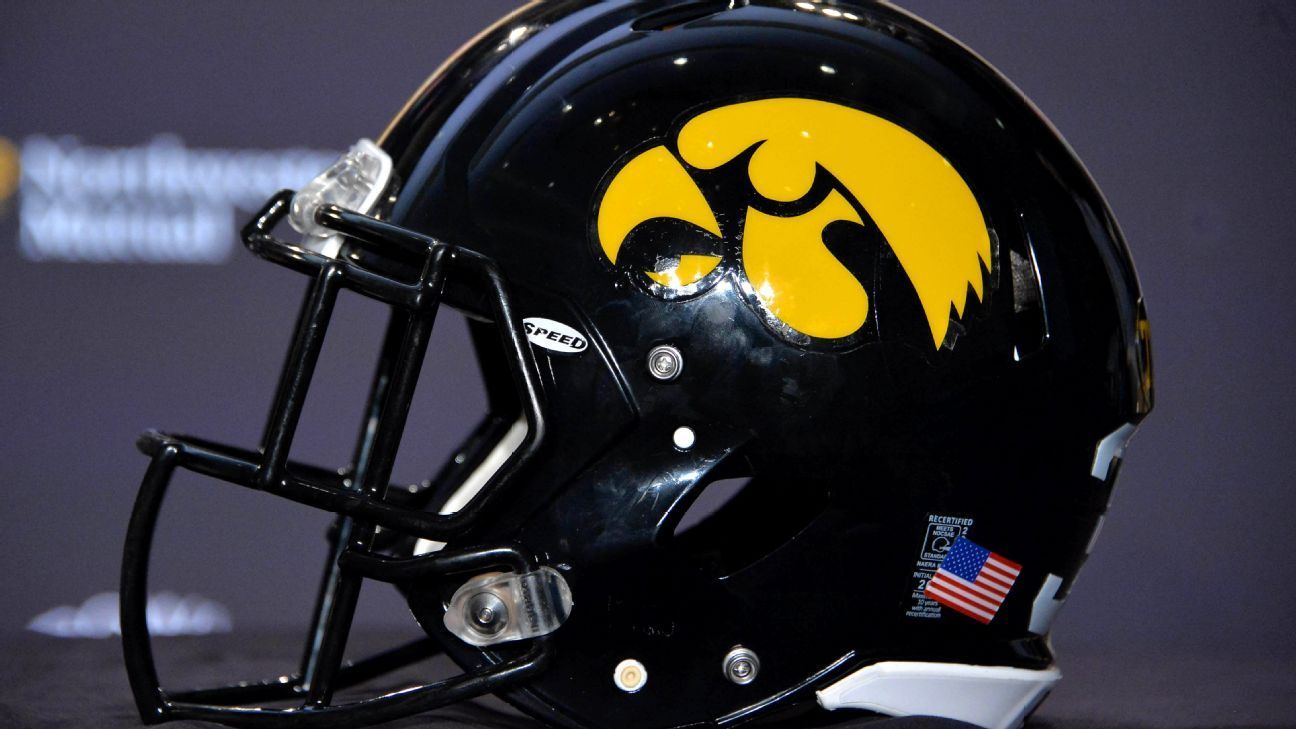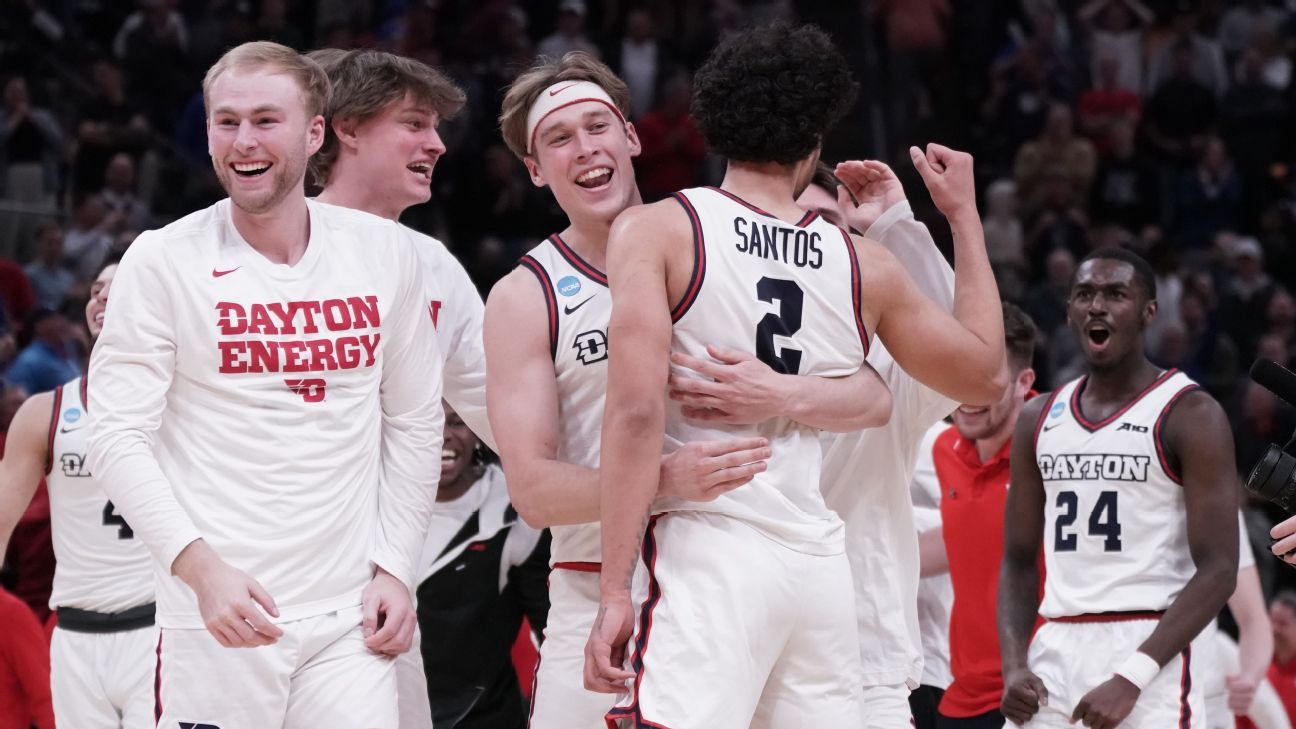More than two dozen Iowa-based athletes filed a federal lawsuit Friday alleging that state criminal investigators violated their constitutional rights by using geolocation software to track activity on their cellphones as part of a widespread sports betting investigation that resulted in criminal charges and loss. NCAA eligibility.
At issue in the 47-page lawsuit filed in the U.S. District Court for the Southern District of Iowa is whether state criminal investigators needed a search warrant before using a program from the company GeoComply to find athletes, including many who were under 21, the legal betting age in Iowa, and conduct searches to examine their online betting activity.
The plaintiffs are 26 current and former athletes: 16 from the University of Iowa, nine from Iowa State and one from a community college in central Iowa. Thirteen played football, six wrestled and the other seven played baseball or basketball.
“The lives of these young people have been disrupted and altered in ways[s] It has not yet been fully seen,” Matt Boles, Adam Witosky and Van Plumb, the plaintiffs' attorneys, said in a statement. “We are hopeful that through civil action we can help these young people get their lives back on track. lives. and obtain a measure of justice for the violation of their rights.”
The lawsuit alleges that the state; its Department of Public Safety, Criminal Investigation Division; and its agents violated the civil rights of athletes by using GeoComply software without a warrant to identify phones using mobile sports betting applications within Iowa and Iowa State athletic facilities.
The DCI declined to comment when contacted Friday about the lawsuit.
GeoComply provides geolocation software to major bookmakers to monitor users. The lawsuit notes that when users register with online gambling companies, they “consent to sharing their location data with GeoComply, who in turn provides this data to the companies.” The written policies of DraftKings and FanDuel, the two online sportsbooks the athletes used, tell users that the companies may disclose personally identifiable information to authorities.
DCI agents had access to the GeoComply platform and were licensed through the Iowa Gaming and Racing Commission, which regulates gaming in the state.
While state investigators later had warrants to obtain and search athletes' phones, the lawsuit alleges those warrants were “invalid and unconstitutional” because the information used to justify them was acquired without a court order. The plaintiffs also say DCI supervisors failed to properly train their staff or intervene when they learned of the alleged actions.
Sixteen of the plaintiffs were criminally charged and 12 of them pleaded guilty to underage gambling. Four athletes were charged with identity theft, a serious crime. Their cases were dismissed in March after Story County prosecutors, responding to arguments raised by defense attorneys, filed a motion noting that new evidence showed state investigators “exceeded the scope of permitted use” of the GeoComply program.
The other 10 plaintiffs were not charged with crimes, but the investigation resulted in loss of playing time, the threat of NCAA or NFL sanctions and/or harm to their athletic careers, the lawsuit states. Some athletes who were not charged lost some or all of their remaining eligibility when schools learned of their betting activity.
The NCAA prohibits athletes from betting on any sport it sponsors at any level.
Attorneys have sought actual and punitive damages for each plaintiff.
The lawsuit alleges that DCI agents told the athletes that they were not the target of the investigation, but rather were assisting in an investigation of sports betting companies.
Several athletes told ESPN that DCI agents arrived at their residences on May 2 and asked them to hand over their cell phones, which were returned that same day. The athletes said their family members and other people whose names appeared on betting accounts also had their phones searched.
In March, DCI Commissioner Stephan Bayens, a defendant in the lawsuit, said in a statement that prosecutors repeatedly told his agency they believed the actions taken in the investigation were legal. “I fully support the investigation and the officers who did the job,” he said.













